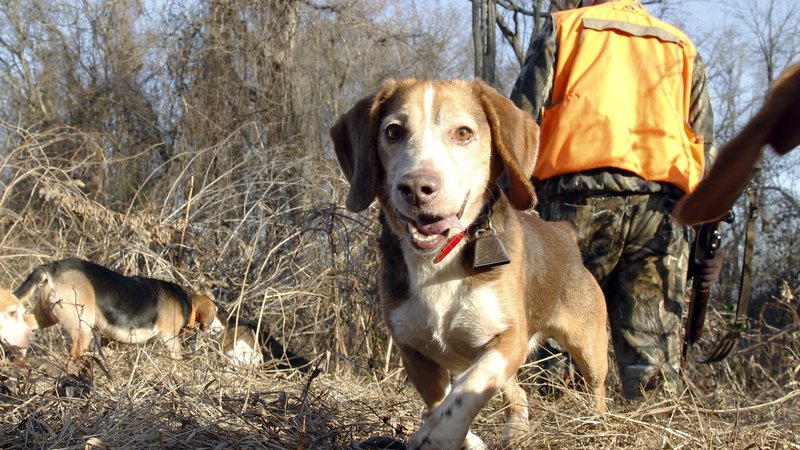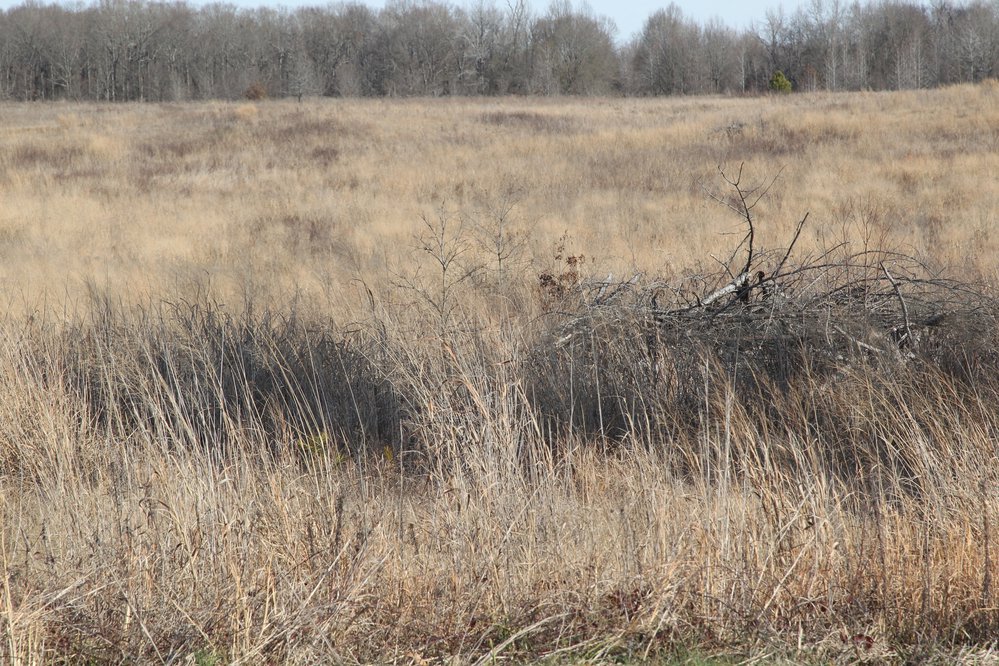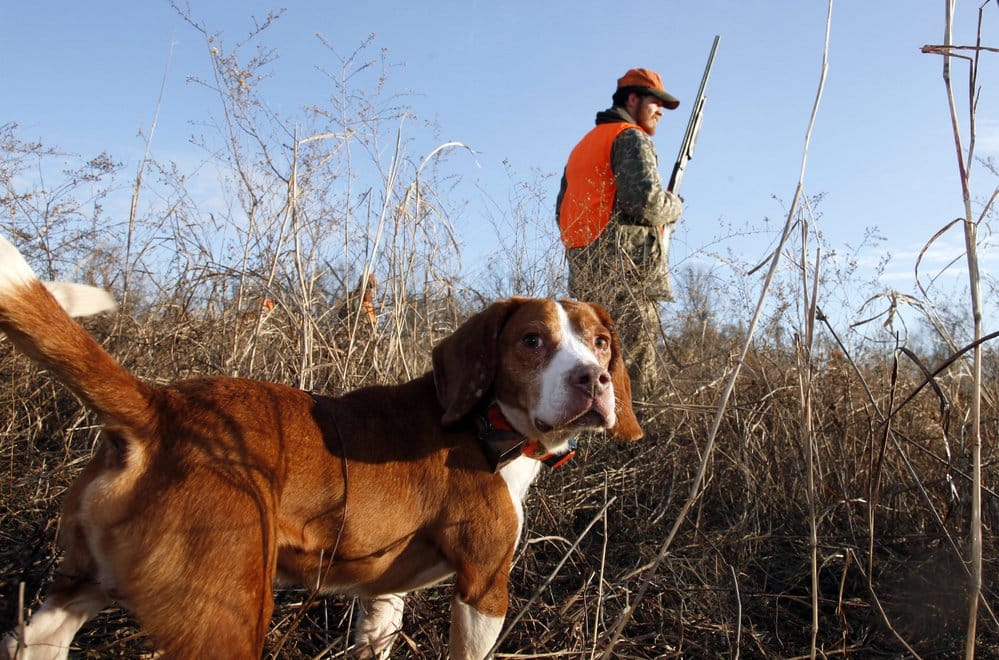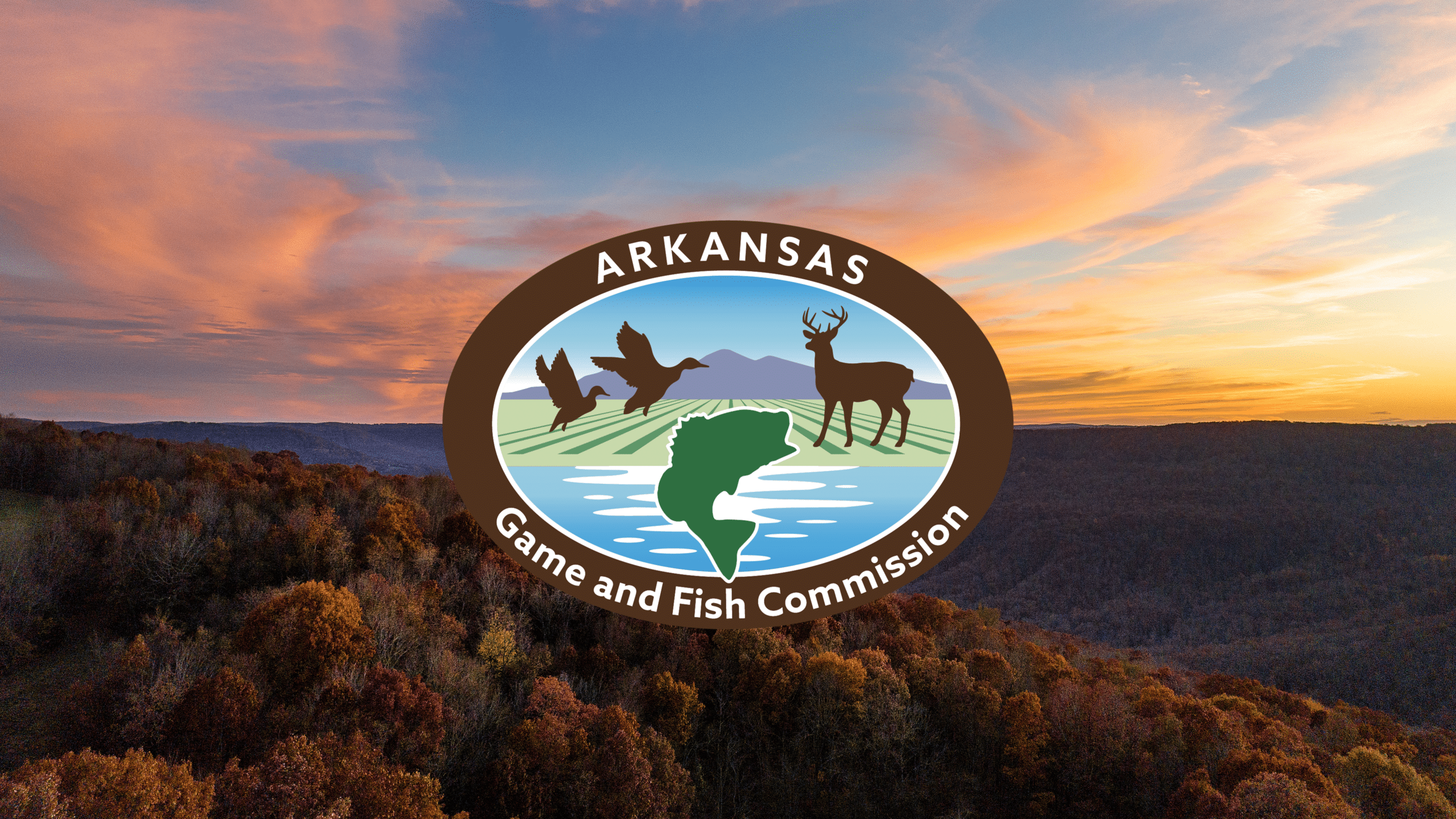Prairie Bayou WMA is a hidden gem for small game hunters, dog runners
BY Jim Harris
ON 02-08-2023

Feb. 8, 2023
Jim Harris
Managing Editor Arkansas Wildlife Magazine
CARLISLE – Almost hidden away, about 7 miles south of this Lonoke County seat, is a 473-acre Arkansas Game and Fish Commission wildlife management area that offers opportunities for small game, deer and waterfowl hunters as well as a great expanse to exercise hunting dogs.
The WMA lies in a curved tract to the east of the mysteriously named Two Prairie Bayou, or Bayou Two Prairie, depending on the map you’re using or where the Google search engine takes you, but is concisely named by the AGFC as Prairie Bayou WMA. About 27 acres makes up a couple of moist-soil units on the west side of the WMA. Of the remaining 440-plus acres, about half of those are restored prairie.
“It’s an island of restored prairie that is very uncommon in that area,” said AGFC biologist Clifton Jackson, who is based in Brinkley and devotes some of his work there.
But, rather than restore the prairie to its absolute historical state, this destination has more thickets and shrubby trees, Jackson said. The AGFC manages this “more for wildlife.”
“It’s one of the few places where you can experience a pretty good rabbit hunt,” adds Jackson, who enjoys taking in small game hunting. “There has been quail, too, and we’re working to get the tree density down to help the quail habitat.”

Prairie Bayou WMA is not easily accessible. The public parking area, with space for maybe three cars, is off Raborn Road (Arkansas Highway 903, which meanders its way from downtown Carlisle). Though the moist-soil unit and the WMA can be hunted for ducks, “it’s a pretty good walk to get back there,” Jackson said. “It’s also a small area. It might accommodate only one or two parties but they’ll hunt the fool out of it.”
Jason “Buck” Jackson, the AGFC’s statewide wetlands coordinator, said, “We have two units there that are actively managed. They are manipulated to propagate moist-soil communities of plants. Within that regime, we do some cover crop plantings as we do at the rest of our moist-soil units. As water allows, (AGFC senior technician) Jeffrey Cothren has performed flushing/irrigation of the units to produce as much seed as possible.”
The moist-soil units give ducks the opportunity to rest and refuel, and some may venture on to larger huntable public areas nearby. “The closest (public) place is Mike Freeze Wattensaw WMA,” Clifton Jackson said. “There are a lot more opportunities there, a lot more everything.”
Butterfly enthusiasts might enjoy Prairie Bayou WMA. All types of butterfly species are attracted to its large growth of partridge pea and assorted wildflowers. Also, plum thickets and sumac are scattered on this area, which help provide good quail and rabbit habitat, he said.
“For archery hunters, there is an opportunity for a nice deer,” Clifton Jackson said. It’s too small to accommodate deer hunting with firearms, but we do allow youth modern gun because of the very low hunting pressure.
“There is a strip of bottomland hardwoods that runs along a drain in there and there are plenty of squirrels.”
The AGFC also tries to provide opportunities for dove hunting, he said.
The AGFC acquired the 473 acres from the Farmers Home Administration in 1994. There is little information about Prairie Bayou WMA in the history books, though Jackson believes it was likely made up of smaller farms that were defaulted back to FHA, similar to another area he works, Departee Creek WMA.

Clifton Jackson mows lanes through the WMA to help make it easier for hunters to negotiate. He plans to add more spraying to his work, and prescribed fire is another way to help open up the forest floor where trees still abound, and fire stifles woody encroachment in the grasslands. He and Clint Johnson, the AGFC’s quail biologist, met last week to discuss future plans for quail habitat.
But he says most visitors to Prairie Bayou WMA these days seem to have two things in mind: duck hunting during waterfowl season and rabbit hunting. “A lot of people go there regularly to run their dogs. If you look across all our WMAs, finding some open, suitable rabbit habitat is rare. Most of our system is closed canopy forest. But the primary use of (Prairie Bayou WMA) is for that: the 60-day duck season and running dogs.”
Recent News

AGFC Commissioner Meeting Notice
Jul. 15, 2025

Arkansas Wildlife Weekly Fishing Report
Jul. 10, 2025
Subscribe to Our Weekly Newsletter E-mails
Don’t miss another issue. Sign up now to receive the AGFC Wildlife Weekly Newsletter in your mailbox every Wednesday afternoon (Waterfowl Reports are published weekly during waterfowl season and periodically outside the season). Fishing Reports arrive on Thursdays. Fill in the following fields and hit submit. Thanks, and welcome!
